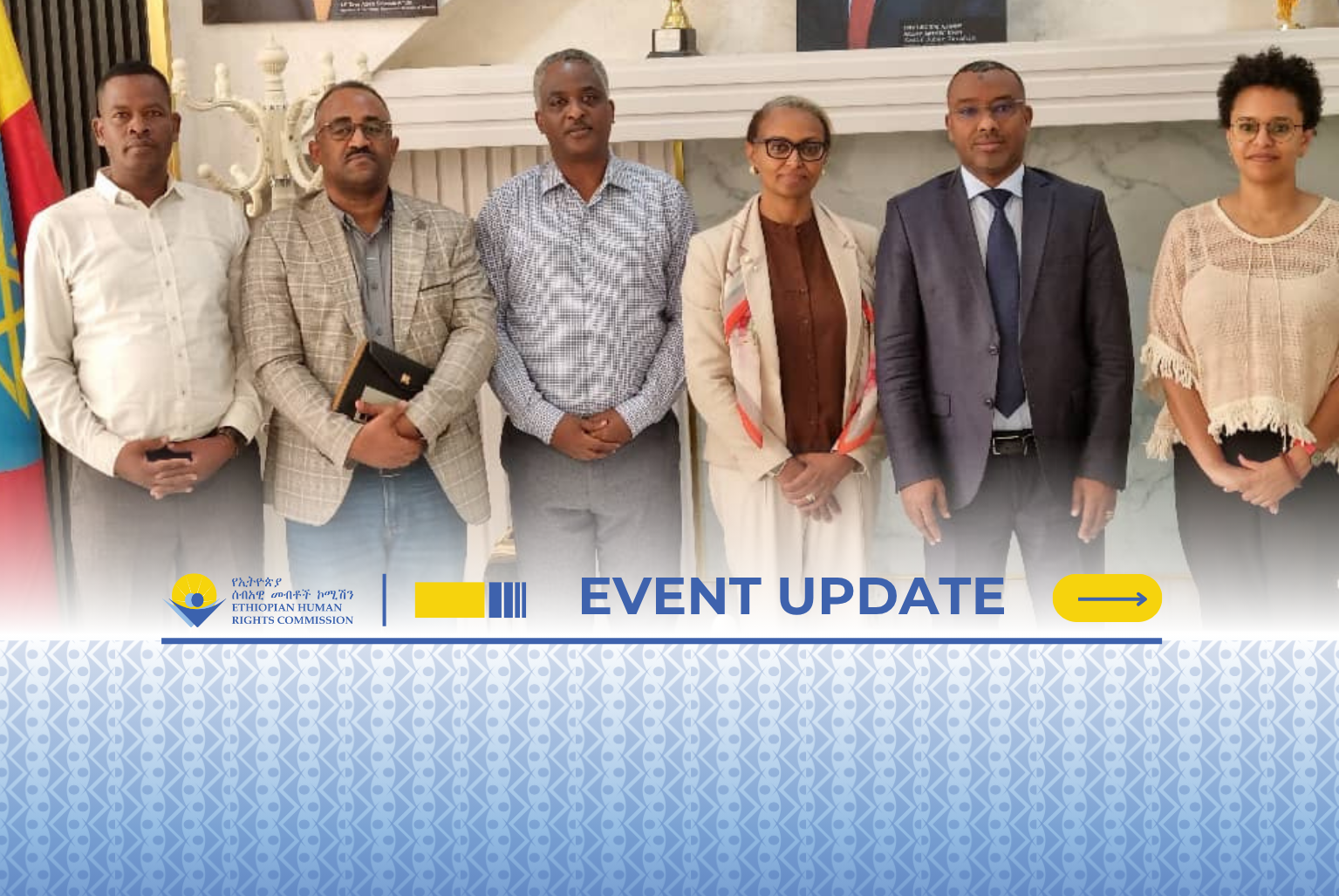The Ethiopian Human Rights Commission (EHRC) in collaboration with the United Nations Office of the High Commissioner for Human Rights – East Africa Regional Office (OHCHR-EARO), carried out a series of activities in the Dire Dawa City Administration and Harari Region from June 16 to 20, 2025.
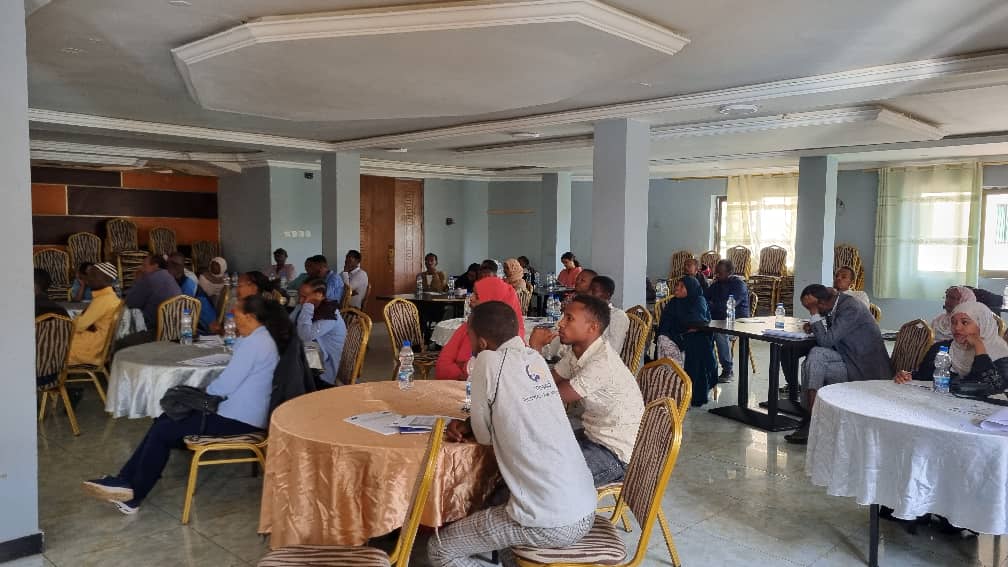
From June 16 to 19, EHRC and OHCHR-EARO held two consecutive consultation sessions with victims of human rights violations. These consultations aimed to raise awareness among victims’ groups about the ongoing Transitional Justice (TJ) process in Ethiopia, highlight the central role of victims and assess their capacity and local context. The sessions also created a platform for victims’ associations to share experiences and explore opportunities for collaboration across regions.
Participants were briefed on TJ concepts and mechanisms, key findings from the joint EHRC-OHCHR community consultations in Dire Dawa and Harari and the overarching goals of the National Transitional Justice Policy. The sessions also explored international experiences of victims’ and survivors’ collaboration in justice processes. During focus group discussions, victims outlined the challenges they face and proposed areas of support needed from EHRC, OHCHR and local civil society organizations. Among the top priorities raised were the need for technical support, capacity building and guidance in organizing themselves to advocate effectively for their rights and participate meaningfully in the ongoing TJ process.
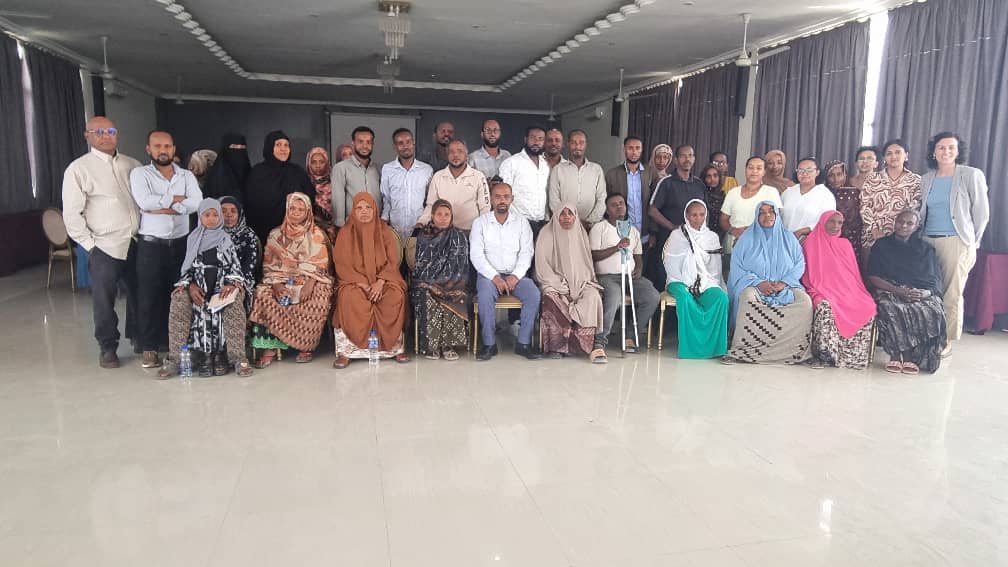
Albab Tesfaye, Director of Strategic Engagement and Special Projects of EHRC, emphasized the importance of amplifying victims’ voices and strengthening their coordination. “EHRC will continue to support and empower victims to meaningfully engage in the TJ process and facilitate opportunities for experience sharing and collaboration among victims’ groups,” she stated.
Human rights early warning advocacy meetings
Additionally, on June 18 and 20, EHRC conducted high-level advocacy meetings with authorities in both regions to present its findings and recommendations from its newly initiated human rights early warning work. Led by Deputy Chief Commissioner Rakeb Messele, these meetings aimed to enhance collaboration with local authorities in the prevention of human rights violations.
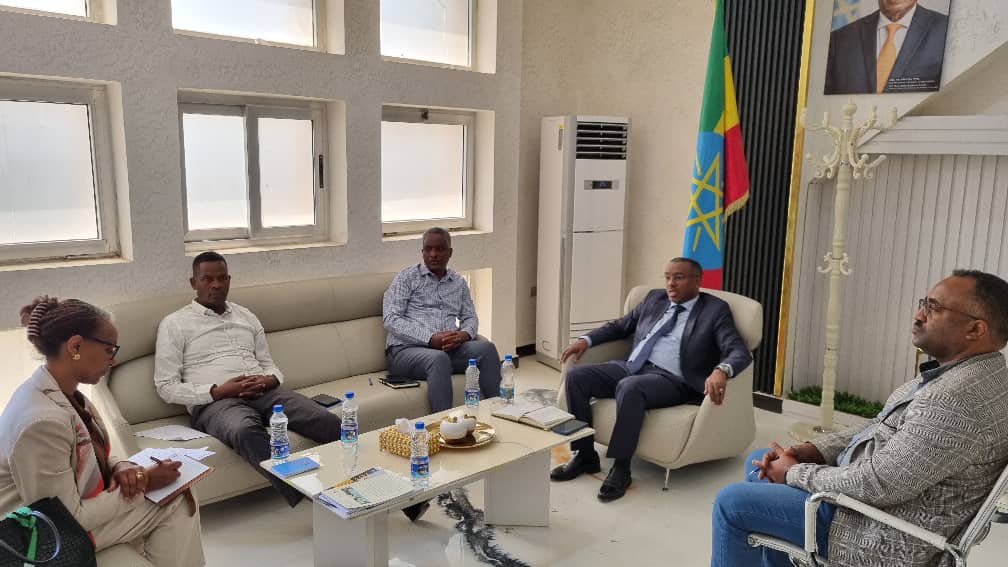
EHRC’s early warning initiative focusing on proactive information gathering and analysis seeks to forecast and prevent or mitigate human rights violations or deteriorating human rights conditions. In Dire Dawa, Rakeb held discussions with the Deputy Mayor, Deputy Police Commissioner, Justice Bureau Deputy and the Head of the Mayor’s Office. Similarly, in Harari Region, she engaged with the President of the Region. During the meetings, the Deputy Chief Commissioner presented key findings, including positive practices, identified risks and triggers and recommendations for intervention.
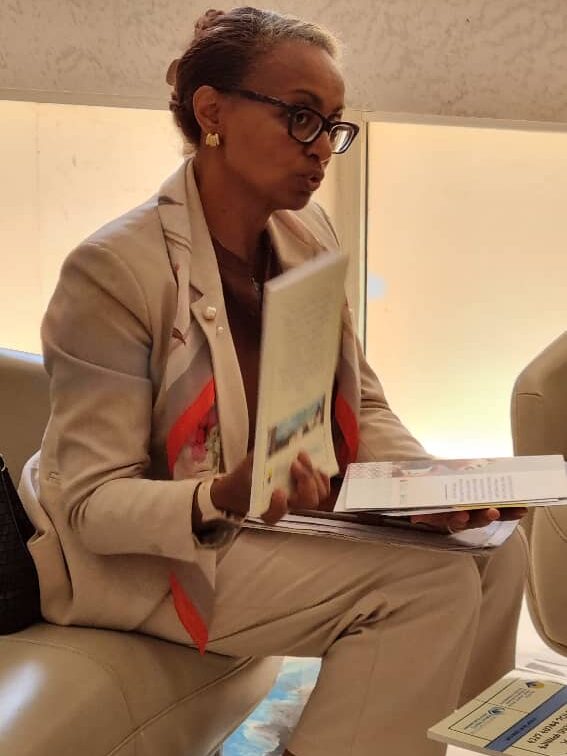
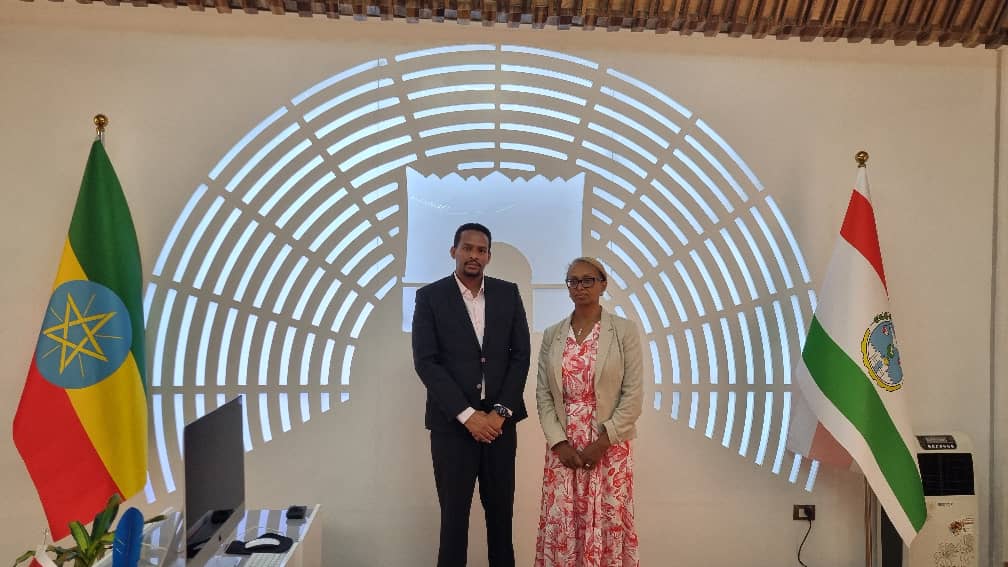
Authorities in both areas welcomed EHRC’s early warning initiative, expressed appreciation for the positive feedback and committed to closely follow up on the identified concerns and recommendations.
